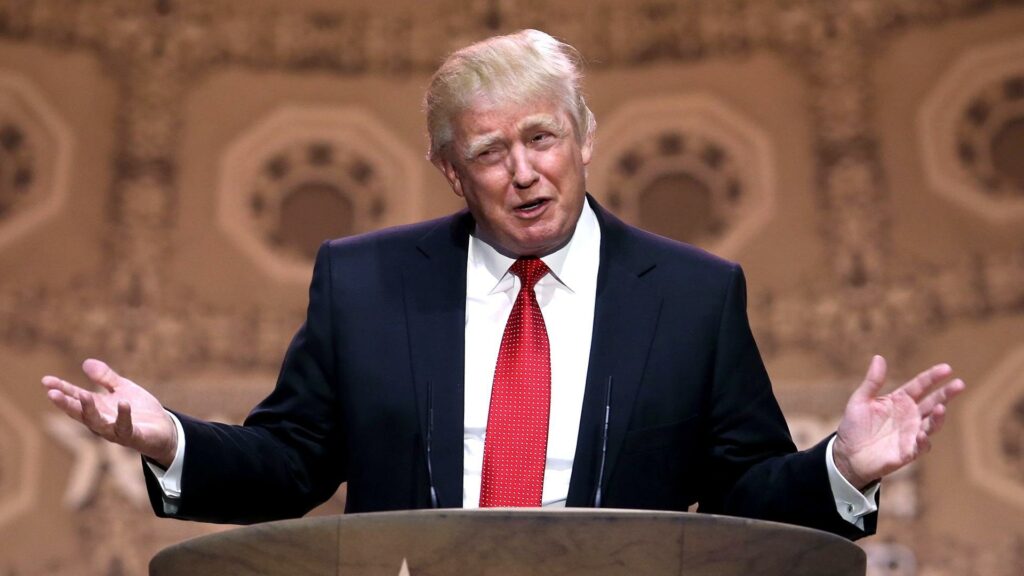The Trump administration is weighing a significant shift in the international security mission in Haiti, with plans that could see Kenya replaced as the lead nation in the fight against armed gangs destabilizing the Caribbean nation.
According to the Miami Herald, U.S. Deputy Chief of Mission Kimberly Penland told the Organization of American States (OAS) on Wednesday that Washington is drafting a resolution for the United Nations Security Council to “properly resource” Haiti’s battle against rampant gang control. The resolution, aligned with a proposal by U.N. Secretary-General António Guterres, seeks to unlock peacekeeping funds for logistical and operational support while paving the way for potential new leadership arrangements.
“Should the U.N. Security Council pursue this model, then we will also seek robust regional participation to provide strategic leadership of the force,” Penland said. She nonetheless praised Kenya’s efforts, thanking the country “for its dedication, leadership and support at a critical moment, demonstrating enormous compassion and courage, putting its people in harm’s way thousands of miles from home while preventing a complete collapse of the Haitian state.”
Kenya assumed the leadership role under President Joe Biden’s administration, a move that bolstered Nairobi’s international standing. However, President Trump’s proposed restructuring represents a potential turning point, raising questions over the trajectory of U.S.-Kenya relations. Analysts warn that the shift could spark uncertainty about U.S. foreign aid commitments to Kenya, the review of its designation as a Major Non-NATO Ally, and broader geopolitical alignments in East Africa.
Despite the speculation, Washington has moved to ease concerns in Nairobi. U.S. Embassy spokesperson James Hagengruber told Kenyans.co.ke on Thursday that relations remain strong. “The United States greatly values our partnership with Kenya,” he said, underscoring that Kenya’s role in Haiti had been “critical at a time of great need.”
The Trump administration’s push to double the size of the foreign force deployed in Haiti and possibly rotate command reflects Washington’s urgency in addressing the worsening crisis. With gangs controlling large swathes of Port-au-Prince and surrounding regions, the international mission’s effectiveness and its leadership remain central to Haiti’s fragile future.

